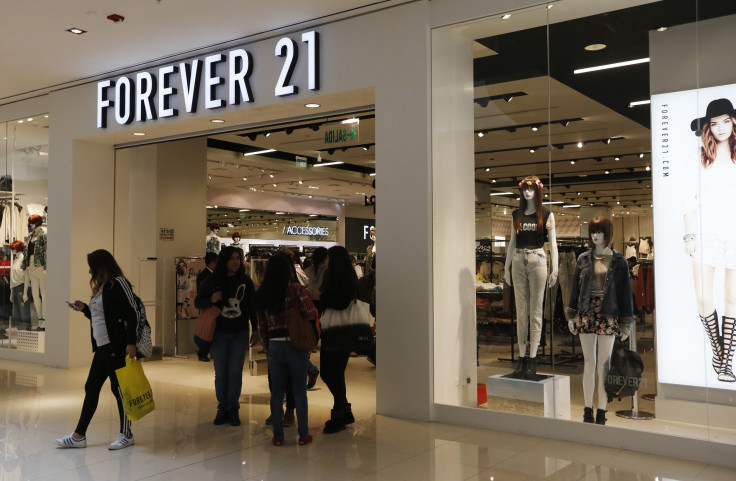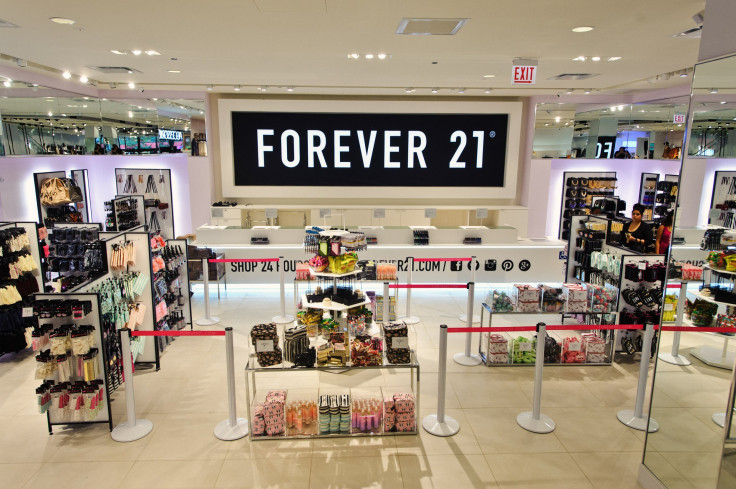Forever 21 Files For Bankruptcy: Layoffs, Store Closures To Follow

Forever 21 has filed for bankruptcy. The clothing firm founded by South Korean immigrants in 1984 that zoomed to fame by providing cheap clothes for American teenage girls and young women, on Sunday filed for Chapter 11.
Forever 21 will stop operations in 40 countries and will initially shut down 178 of its more than 800 stores worldwide as it struggles to fend off its creditors while restructuring the business. Employees are also expected to be let go.
Seeking Chapter 11 protection is "an important and necessary step to secure the future of our Company, which will enable us to reorganize our business and reposition Forever 21," said Linda Chang, Forever 21 executive vice president.
Forever 21 said landlords that own the malls where its branches are located will make "the decisions as to which domestic stores will be closing are ongoing, pending the outcome of continued conversations with landlords."
"We do however expect a significant number of these stores will remain open and operate as usual, and we do not expect to exit any major markets in the U.S.,” said Chang.
Expensive rent and high debt levels are among the key factors in Forever 21's decision. The company’s temporary demise confirmed the failure of its fast-fashion model to entice millennials and Gen Z-ers. Forever 21’s fast-fashion model meant the company had to update its mix of clothes faster than the pace at competing department stores or single brands. Online shopping could do this job much faster and cheaper.
Analysts said Forever 21 is the latest retailer to take a Chapter 11 due to the relentless assault of online shopping led by e-tailers such as Amazon.com. The shop-click-order model championed by e-commerce firms has seriously slashed foot traffic to stores in malls such as those with Forever 21 branches and other brick-and-mortar stores.
Thus far this year, U.S. retailers have announced more than 8,200 store closings. This compares to the 5,589 retail stores closed in all of 2018, said Coresight Research. More retail shutdowns are expected to occur and might hit 12,000 by the end of 2019.
"Retailers relying on debt to finance their growth have always been particularly susceptible to slowdowns," said Greg Portell, lead partner in the global consumer and retail practice of retail consulting firm A.T. Kearney.

© Copyright IBTimes 2025. All rights reserved.




















